Questions for Amaral, Halladay: Boosting brainpower
A new network of brain banks aims to collect and disburse tissue donations to U.S. autism researchers.
Conversations with experts about noteworthy topics in autism.
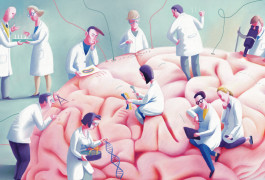
A new network of brain banks aims to collect and disburse tissue donations to U.S. autism researchers.
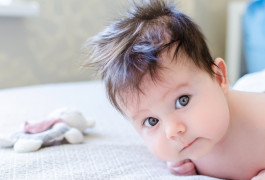
Inviting families to participate in studies in the context of their clinical care may help mitigate the logistical challenges of long-term studies.

Children with autism are more likely to be overweight or obese than their peers, but it’s unclear why, or what doctors should do about it.
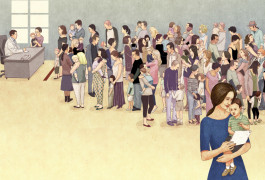
Roughly 13 percent of children with autism eventually lose their diagnosis, either because they outgrow it or because they never had autism to begin with.

A European initiative that aims to provide a framework for clinical trials in autism has developed tools to track treatment responses.
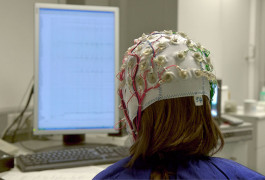
A $28 million initiative aims to develop objective tools for tracking social skills in children with autism. The initiative’s leader outlines its approach.
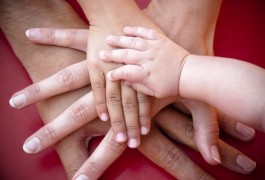
Researchers are studying the infant siblings of children with autism, with hopes of improving the disorder’s diagnosis and treatment. They need to recognize the risks of these ‘baby sib’ studies, cautions ethicist Ilina Singh.
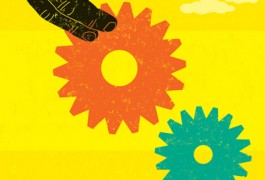
Autistic adults should be partners in the research process, not just ‘subjects’ in a study, says Ari Ne’eman.
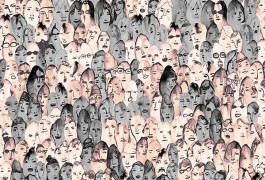
Autism is undoubtedly on the rise, but we may never be able to fully explain why, says Maureen Durkin.
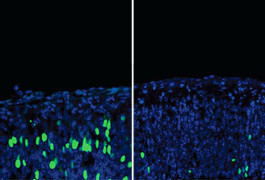
An autism-linked gene controls the number of neurons in the developing brain. Freda Miller and David Kaplan say the finding points to a new role for the gene in the early embryo.






